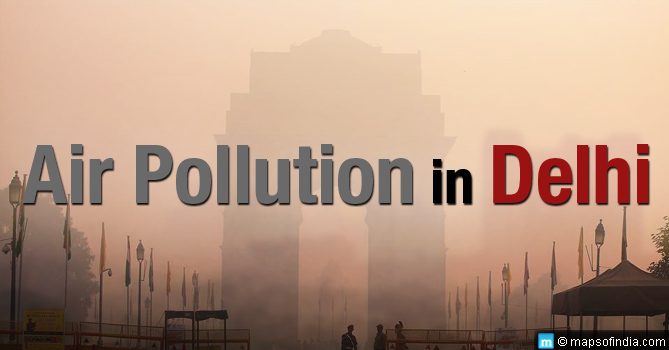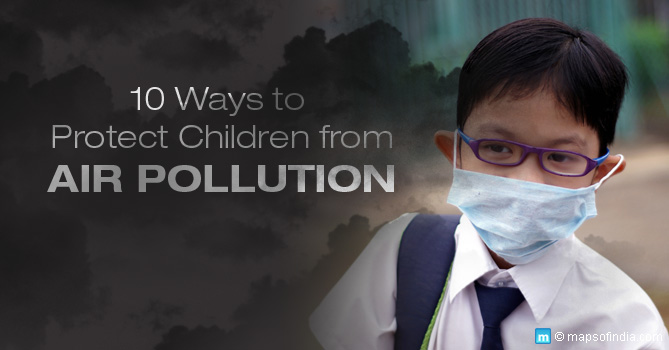Air pollution, raised levels of particulate matter, respiratory ailments…
Words that are quite enough to set alarm bells ringing have, unfortunately, become part of the national capital’s daily vocabulary. Delhi’s air pollution levels are now infamous and the residents of the Delhi NCR region look forward to the festival of with a sense of trepidation rather than excitement.
Air pollution levels in the city and its neighbourhood reach alarming levels on and after Diwali each year. The particulate matter levels in Delhi air was 426 on 6 November, 2018. Far from bringing joy and cheer, Diwali brings a nightmare to those suffering from respiratory ailments even as thick black clouds of smoke rise from the firecrackers and clog up the air. Schools and other educational institutions and other establishments had to remain closed till the layer of smog that had enveloped the city started to dissipate.
Graded Response Action Plan
Last to last year, the central government has decided to adopt the Graded Response Plan as suggested by the Supreme Court to counter the toxic pollution levels that haunt the capital region during the festive season and during the winter season. This plan has been implemented from November 1, 2018. Depending on its success it may also be implemented in subsequent years.
The first step in this Graded Response Action Plan is the establishment of an Environment Protection (Prevention and Control) Authority or EPCA, a body which will act as the watchdog for the control of environmental pollution particularly in Delhi NCR. The ECPA is headed by Bhure Lal, a former IAS officer. The EPCA has been endowed with special powers to take decisions as required to check pollution in the country. The EPCA will have the authority to implement the Odd Even Car Formula, spell out stringent punishments and fines for pollution norms violations, and even order shut down of schools and enterprises in certain areas if necessary. The EPCA will receive air quality data from 30 monitoring stations in the NCR.
Guidelines For Prevention of Pollution
A number of important steps have been taken by the government to arrest the worsening air quality in Delhi –
- The Badarpur Thermal Power Station, a coal fuel based power plant will be shut down by July 2018. Coal-based power plants are a major contributor in air pollution and account for about 11 percent of the PM 2.5 levels. While this is a permanent measure, the power plant was also ordered to be shut down for a whole day this week as a corrective action as air quality dipped ahead of Diwali.
- Another very important measure taken by the Indian government to tackle the menace of air pollution in the capital is the ban on use of diesel fuelled generators. Most apartment complexes and office establishments in Delhi use diesel run generators. The ban is likely to stay in place till March.
- Hospitals and other emergency services are exempt from such a ban and may continue to use diesel fuelled generator sets.
- Highly polluting brick kilns in the NCR have also been ordered to shut shop. The EPCA has exempted brick kilns operating on the ‘zigzag setting’ from such a ban and has asked others to move to a similar technology before they reopen.
- In what is considered a highly appreciated move, the sale of crackers in Delhi NCR has been banned by the Supreme Court. While the order is certain to leave a few children disappointed it is also being hailed as one very positive move towards celebrating a clear, environment friendly Diwali this year. Depending on the success of this move, such bans also may be likely in other parts of the country in subsequent years.
- Severe penalties have been put in place for those found guilty of using polluting vehicles or of burning rubbish.
Last year, thousands of Delhi residents reported sick due to respiratory ailments during the winter months. Children were forced to miss school. The trend of asthma, lunch cancer, and other related ailments in the capital is an alarming one. The measures put in place by the Supreme Court and the government may seem harsh but they are extremely crucial ones for the survival and well-being of Delhi residents and those living in neighbouring states.






